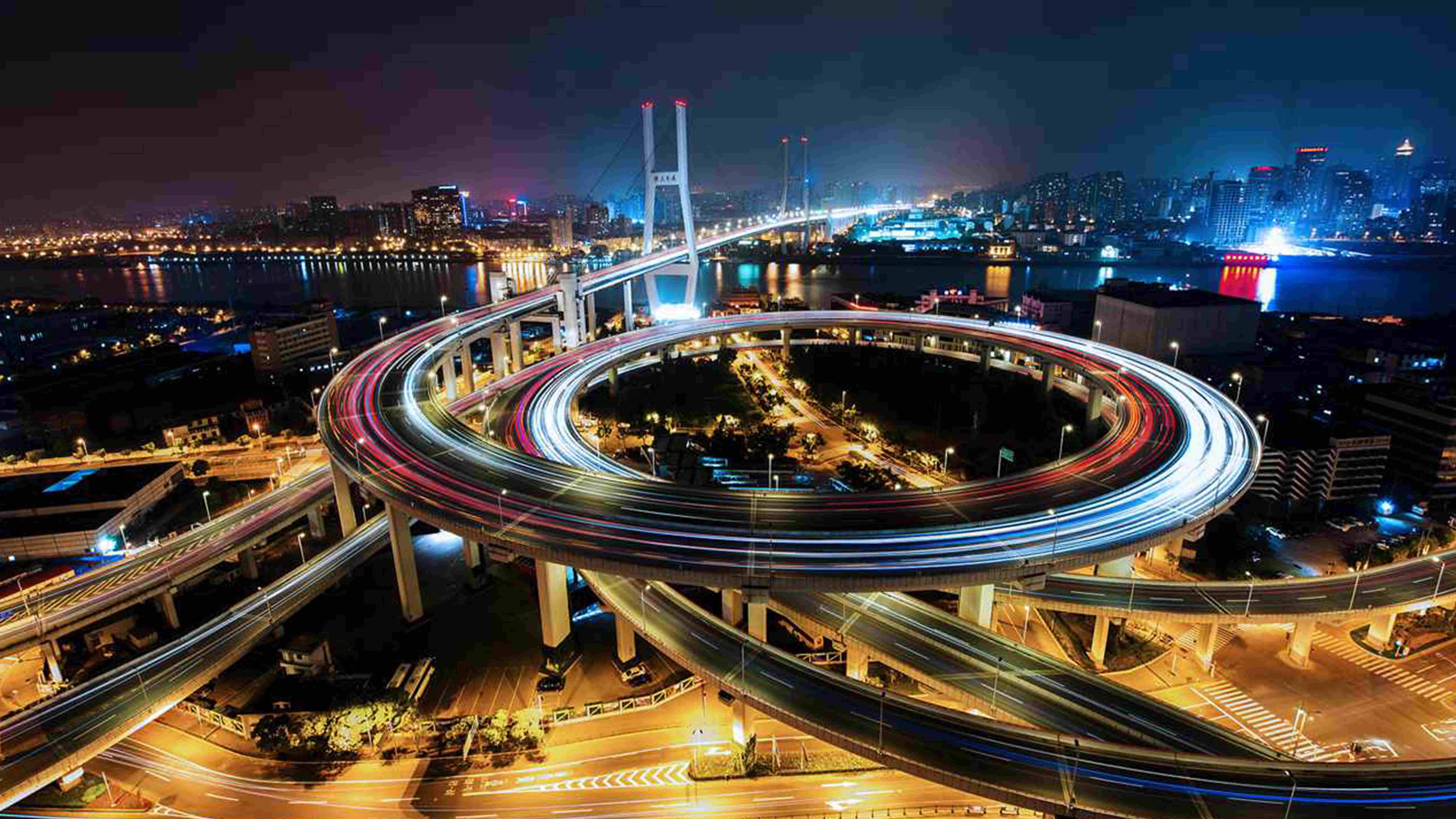
Business
10:08, 19-Jan-2018
Experts: China grows faster than expected but needs to face challenges in 2018
By CGTN’s Liang Rui

China's economy expanded faster than expected in 2017. Gross Domestic Product (GDP) grew 6.9 percent year-on-year, reaching 82 trillion yuan (12.76 trillion US dollars). Experts gave “top” mark to the growth speed, but added there’s still challenge and room for China to face and advance.
“The top mark would be definitely given to the level of growth. It did indeed surpass most expectations. Nearly 12 trillion US dollars of GDP and close to seven percent annual economic growth are remarkable,” said Rob Koepp, Director of the Economist Corporate Network.
Wang Jianhui, General Manager of R&D Department of Capital Securities, sees the highlight of China’s economy in 2017 is the country’s realizing the soft landing and structural reforms.
“To my great relief, soft landing is realized finally. And I think the greatest spot should be structural change. The fact could be shown earlier in 2015. The contribution from the second industry was over 50 percent and only less than 43 percent was from service sector. But right now, 13 percentage points have been shifted from manufacturing sector to service area,” Wang explained.
The National Bureau of Statistics (NBS) data showed the same thing.
In 2017, the second industry increased 33 trillion yuan (5.14 trillion US dollars), up 6.1 percent year-on-year, while the third sector growth reached 42.7 trillion yuan (6.65 trillion US dollars), up eight percent compared with 2016. They respectively accounted for 40 percent and 52 percent of the total GDP.

Wang said China won’t contribute as much as last year to global economy in 2018, despite economic data in 2017 is quite positive.
Wang told CGTN: “There is a difference between developed economies, like the US and the EU, and China. The developed countries are kind of stepping on the gas, which means their economy has contributed more shares to global economy while China is stepping on the brake. That’s why we now are implementing structural reforms. But it’s a long procedure.”
Koepp said three obstacles are affecting China’s economy momentum in 2018.
“One of those must be raising trade barriers. There has been pressure from Washington DC. Another problem is not only property bubble but also very frosty stock market in the US. Bubbles will pass through global economy and create a shock, then slow down investments and real economy. The third issue is cyber security. We keep seeing companies are getting attacked but we haven’t seen signs that truly devastating is very much possible yet.”
Koep took recent collapse of Bitcoins price as an example, adding that cyber security issues are same significant as market interaction.
Meanwhile, Wang said China should focus on private investment, which could stimulate the economy as well as dealing with the challenges.
“We should encourage more private investments, because the growth of private investment still lags behind the overall economy,” said Wang. “We need to find a way to strengthen the confidence of private entrepreneurs, and on the other hand, we need new ways to financing because deleveraging process could negatively impact investment.”

SITEMAP
Copyright © 2018 CGTN. Beijing ICP prepared NO.16065310-3
Copyright © 2018 CGTN. Beijing ICP prepared NO.16065310-3